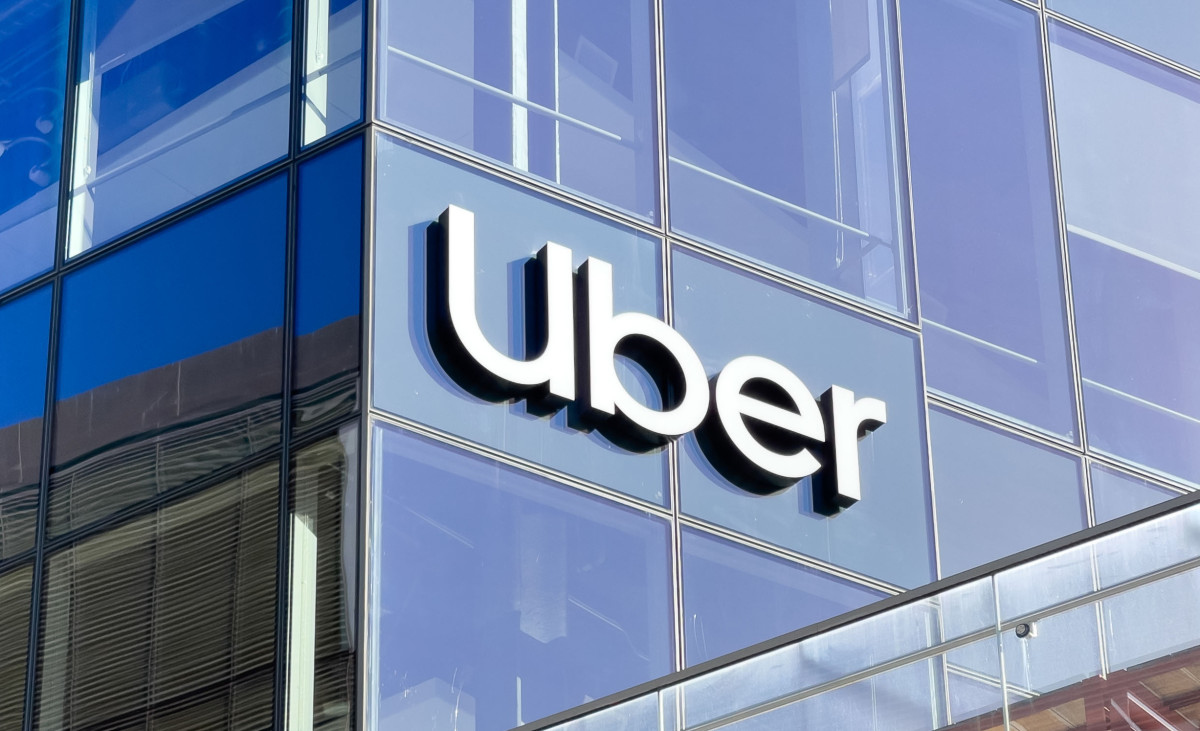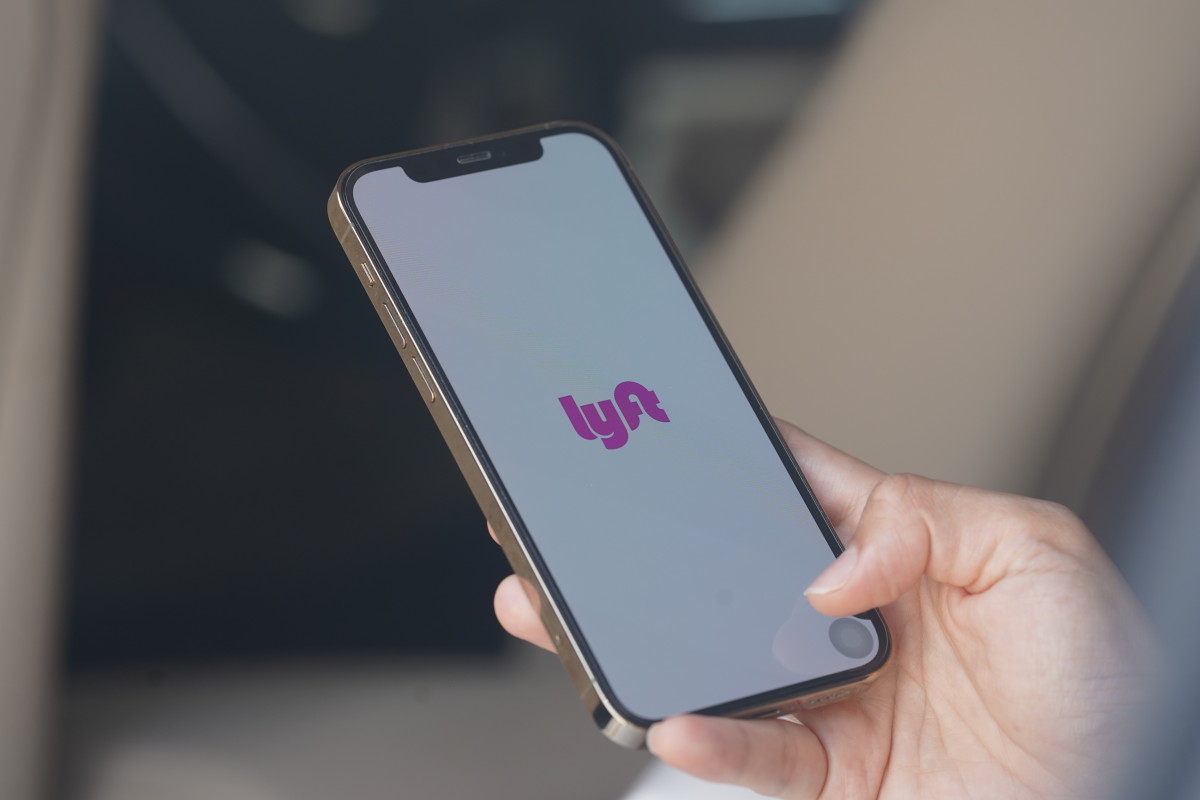Uber and Lyft are not impressing everyone
Ridesharing is becoming increasingly common, and companies like Waymo and Tesla are advancing the service by integrating autonomous technology. However, a new study reveals that some states are far better than others when it comes to this platform’s customer support. Blakely Law Firm analyzed online search trends across all 50 U.S. states for over 10 keywords related to “Uber Customer Support” and “Lyft Customer Support.”
Using data from Google Keyword Planner, the research identified where rideshare users are most actively seeking help, ranking states based on average monthly support-related searches per 100,000 residents. The top ten states where riders are most desperately seeking support, ranked from worst to best, were Georgia, New York, Maryland, Nevada, Illinois, Florida, New Jersey, Connecticut, Massachusetts, and Texas.

Getty
New York is having a rough time with ridesharing
Regarding the second-worst ranked state, New York, a spokesperson at Blakeley Law Firm said: “New York is showing a clear sign of growing frustration among rideshare users who are increasingly turning to the internet in search of customer support. Behind each search is a rider facing an unresolved issue—whether it’s a billing error, a safety concern, or a lost item. The high concentration of support-related searches in this state suggests deeper systemic concerns with how quickly and effectively these services respond to user needs. To improve the customer experience and restore rider trust, it’s essential for rideshare companies operating in New York to invest in more accessible support channels, streamline issue resolution processes, and provide clearer guidance to users facing challenges.”
New York City residents also face expensive rideshare service charges, with a one-way run from Manhattan to JFK costing anywhere from $75 to over $100. However, the state’s unfavorable placement at the top of this study’s rankings could be partially attributed to how companies like Lyft and Uber treat their drivers.

Getty
A Bloomberg investigation last October found that Uber and Lyft routinely locked drivers out of their apps to erase some of the drivers’ working time from records, allowing the companies to boost profits and circumvent New York City’s minimum pay rule. The city’s minimum pay rule for rideshare drivers is based on the ratio of time spent driving versus waiting. Locking workers out of the apps made it appear as if drivers were busier, reducing the minimum amounts Uber and Lyft had to pay. This week, New York City’s Taxi and Limousine Commission voted to raise minimum pay standards for Uber and Lyft drivers by 5% and adopt new regulations curbing app lockouts.
Final thoughts
While states like New York were surveyed as struggling with rideshare service satisfaction among customers, recent changes to New York City laws aiding drivers could boost the platform’s quality of service, reducing the likelihood of problems emerging requiring customer support. Still, according to the survey, companies like Uber and Lyft need to improve response times in several states and provide more precise guidance to those seeking assistance.
It’s also fair to wonder why these resources weren’t available when these two companies posted their strongest financial results ever in 2024. Uber and Lyft’s reported customer service struggles in states like Georgia also give emerging autonomous rideshare players, such as Waymo, a chance to enter these markets and gain traction with quality rider support.